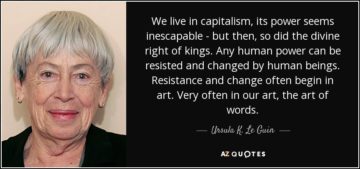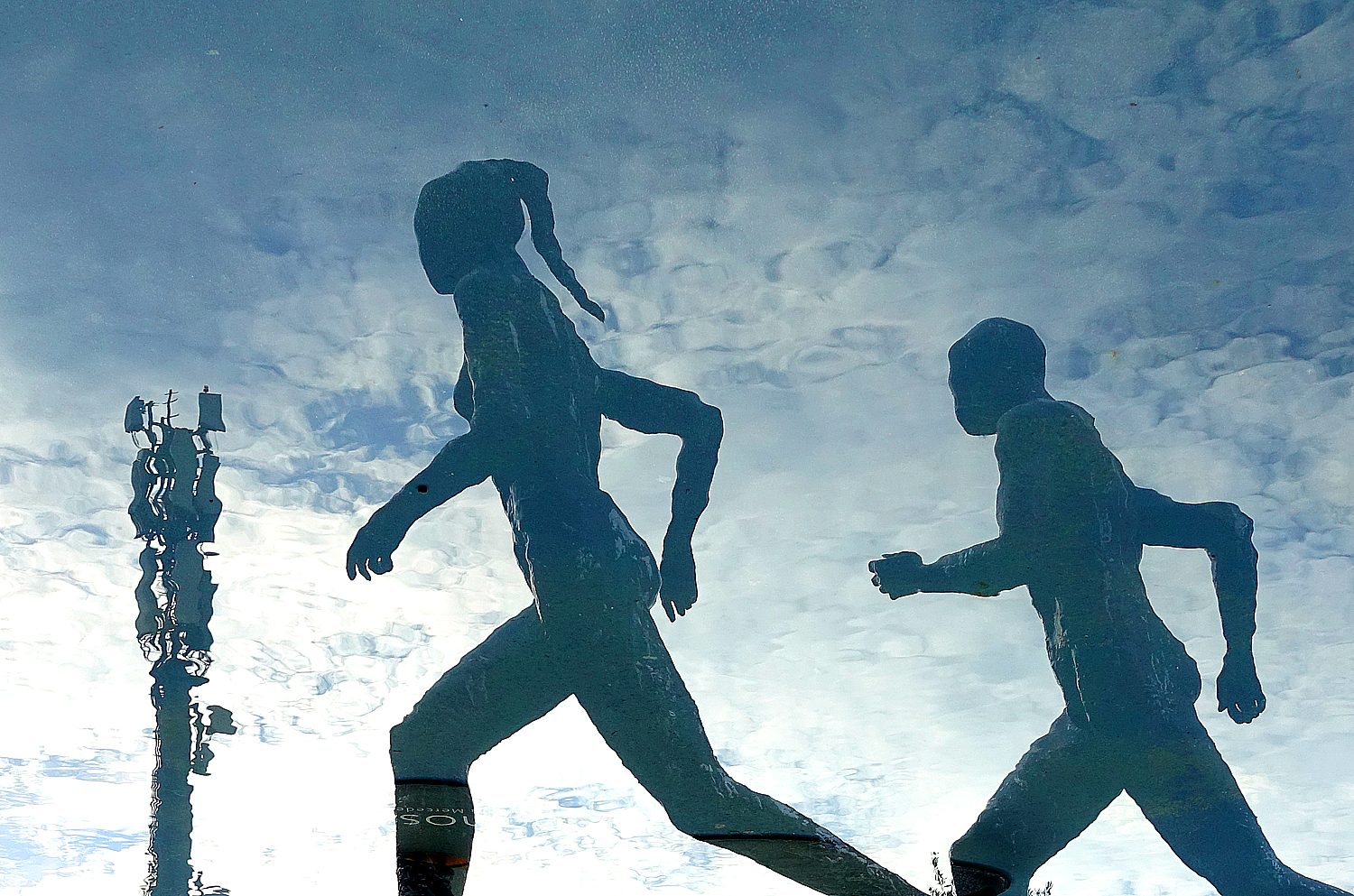by O. Del Fabbro
Of 969 days in captivity, Stanislav Aseyev spent 875 days in complete isolation in a modern concentration camp in Russian occupied Donetsk. In his memoir, The Torture Camp on Paradise Street, Aseyev aims to write about this personal experience.[1]
Torture is, according to Aseyev, a complex system of measures. The goal is not necessarily to hurt the victim physically, but to destroy their individuality. Indeed, Aseyev is victim to a mixture of physical and psychological torture, simply because body and mind cannot be separated from one another. After electrical shocks, or beatings with the PR-73 (a standard Soviet-police rubber baton), Aseyev’s tormentors ask him seemingly weird questions such as his belief in God, if he’s ever jumped with a parachute and how many times he masturbates per day. Every once in a while, he is asked questions about his actual charges: espionage. The goal, of course, is to disorient the victim, to potentially make him lie only to be able to punish him even more. Aseyev is released from prison in December 2019.
Even though Aseyev speaks only about his personal experience, his case is one of many. It is representative for Russia’s cruel warfare against Ukraine, the terror that started even before the full-scale invasion in February 2022. Ever since, we have seen the mass graves in Bucha, have watched videos of the mercenary Wagner Group executing its own members with a sledgehammer, read about the castration of an Ukrainian POW by Russian soldiers and the sexual abuse and rape of women and men, children and elderly. We witnessed how thousands of Ukrainian children were shipped to Russian territory and indoctrinated with Russian propaganda.
Russian cruelty seems to dwell from an endless well, even affecting nature, that is the biodiversity of ecosystems, as the explosion of the Kakhovka Dam has shown. These examples might be singular events, but taken together, they show the systematic cruelty hiding behind Russian warfare. Lastly, Russians are not just cruel to their enemy, they are also active within their own ranks, for example when Russian soldiers executed their comrades, who were fleeing from the frontline. Read more »


 Count Harry Kessler was born to write it all down. In this excerpt from his second ever diary entry, written at the German spa town of Bad Ems where Kaiser Wilhelm also summered, the 12-year-old French-born German boy has a high old time stretching the limits of the English language, in preparation for matriculation at a prestigious British boys’ school. An incipient snob and precociously intelligent, Kessler offers us a nutshell preview of the diabolical pleasure with which he will mash words, sounds and images for the next 57 years—savaging inanity wherever he sees it—but more importantly, promoting and nurturing great artists and thinkers along the way, including Rilke, Beckmann, Seurat, Grosz, Maillol, van der Velde, Max Reinhardt, Gordon Craig, von Hofmannsthal, Stravinsky, Rodin, Kurt Weill, Strauss, Nijinsky, Munch, Walther Rathenau and many others.
Count Harry Kessler was born to write it all down. In this excerpt from his second ever diary entry, written at the German spa town of Bad Ems where Kaiser Wilhelm also summered, the 12-year-old French-born German boy has a high old time stretching the limits of the English language, in preparation for matriculation at a prestigious British boys’ school. An incipient snob and precociously intelligent, Kessler offers us a nutshell preview of the diabolical pleasure with which he will mash words, sounds and images for the next 57 years—savaging inanity wherever he sees it—but more importantly, promoting and nurturing great artists and thinkers along the way, including Rilke, Beckmann, Seurat, Grosz, Maillol, van der Velde, Max Reinhardt, Gordon Craig, von Hofmannsthal, Stravinsky, Rodin, Kurt Weill, Strauss, Nijinsky, Munch, Walther Rathenau and many others.

 Over the years I’ve been teaching, many people have asked me about the content of an elementary course I teach. I’m interested in the syllabi and exams of courses in other fields, so this I hope may be of interest to others as well. The survey course on which this exam is based is a smorgasbord of probability, voting theory, scaling, and other variable material. Since the class is very large, I often reluctantly make the final exam multiple choice as is the example below. Try it if you like. Two hours is all the time you have. Writing useful prompts for ChatGPT will take too long to be of much help.
Over the years I’ve been teaching, many people have asked me about the content of an elementary course I teach. I’m interested in the syllabi and exams of courses in other fields, so this I hope may be of interest to others as well. The survey course on which this exam is based is a smorgasbord of probability, voting theory, scaling, and other variable material. Since the class is very large, I often reluctantly make the final exam multiple choice as is the example below. Try it if you like. Two hours is all the time you have. Writing useful prompts for ChatGPT will take too long to be of much help.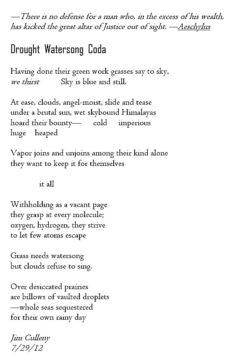
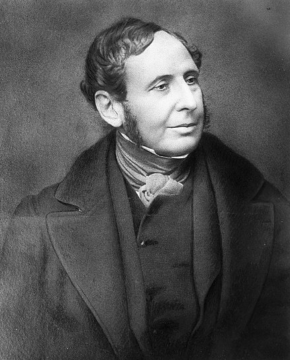
 In
In  Rashida Abuwala. Untitled Diptych, 2023.
Rashida Abuwala. Untitled Diptych, 2023.
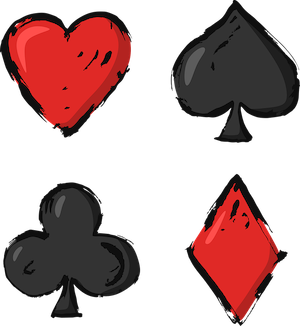 The other day, one of my grandsons asked me if I’d like to play Mario Kart with him. It goes against my grain to turn down invitations from my grandsons. However, when we’d played Mario Kart a few weeks earlier, I’d been terrible at it. His younger brother, watching from the sidelines, wanted to know why I played so badly. I said it was because the game was new to me, but in fact I’ve always been slow and clumsy at games that require quick reactions and hand-eye coordination, back to Pac-Man and even earlier. As an undergrad I was good at an arcade version of Trivial Pursuit, but that cuts no ice with anyone these days.
The other day, one of my grandsons asked me if I’d like to play Mario Kart with him. It goes against my grain to turn down invitations from my grandsons. However, when we’d played Mario Kart a few weeks earlier, I’d been terrible at it. His younger brother, watching from the sidelines, wanted to know why I played so badly. I said it was because the game was new to me, but in fact I’ve always been slow and clumsy at games that require quick reactions and hand-eye coordination, back to Pac-Man and even earlier. As an undergrad I was good at an arcade version of Trivial Pursuit, but that cuts no ice with anyone these days.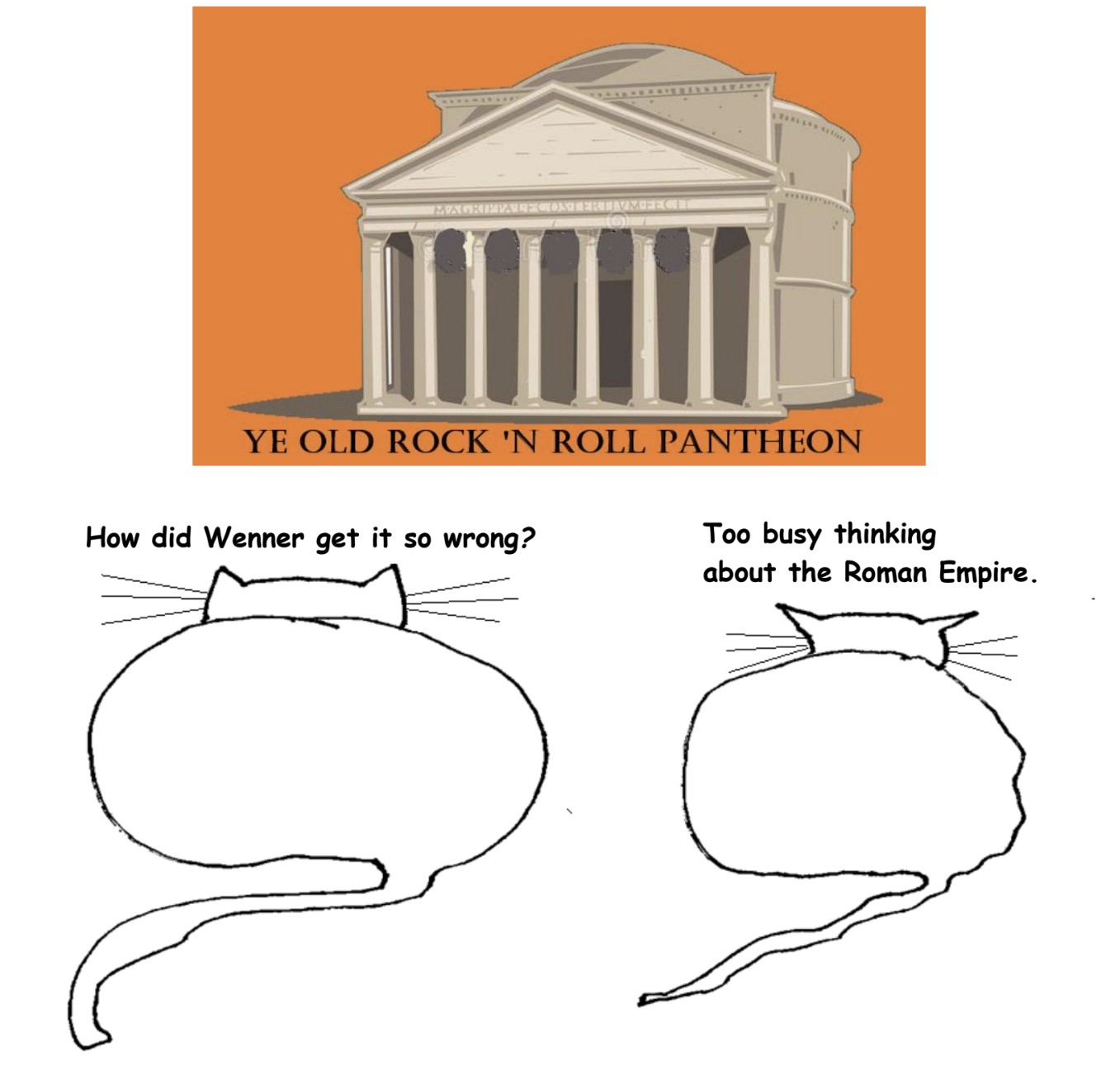
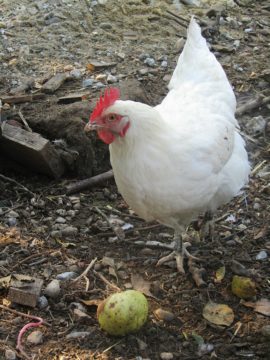 In geometry, a line goes on and on: it goes on and on and never stops. In poetry, a line goes on as long as the poet lets it….though in practice this rarely means more than six or seven words at a stretch.
In geometry, a line goes on and on: it goes on and on and never stops. In poetry, a line goes on as long as the poet lets it….though in practice this rarely means more than six or seven words at a stretch.
